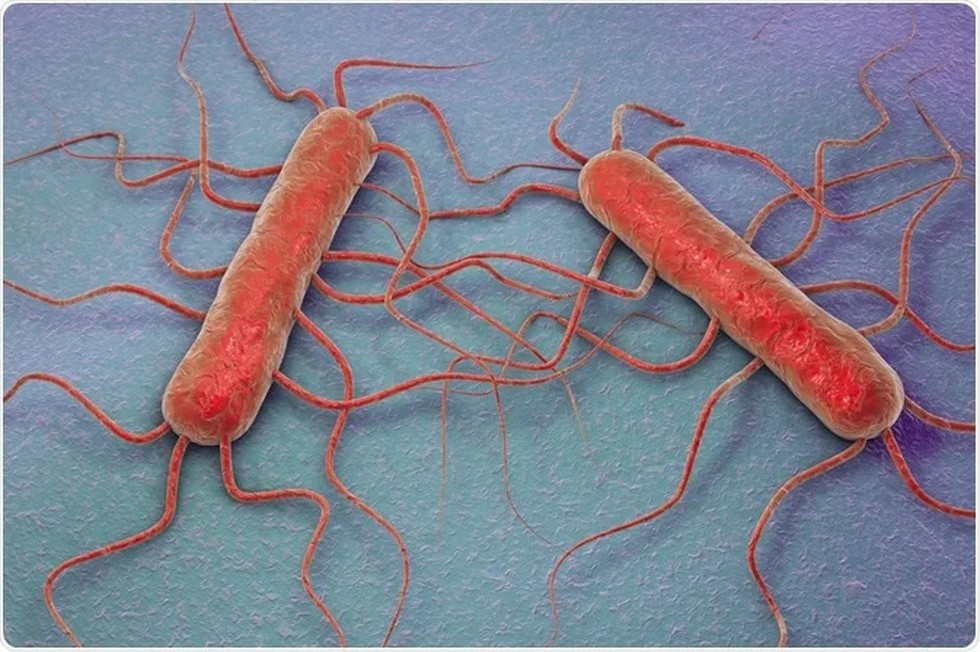Listeria outbreaks pose significant health risks in both the US and Canada. This article explores the causes, symptoms, and measures to prevent these outbreaks.
What is Listeria?
Listeria monocytogenes is a bacterium that can cause serious infections, particularly in pregnant women, newborns, elderly adults, and those with weakened immune systems. Listeriosis, the infection caused by Listeria, is often transmitted through contaminated food.
Recent Outbreaks
- US Outbreaks: Recent data indicates an increase in Listeria cases in the United States. These outbreaks are often linked to contaminated deli meats, soft cheeses, and unpasteurized dairy products.
- Canadian Outbreaks: In Canada, outbreaks have been associated with similar food sources. Surveillance has been crucial in identifying and controlling these outbreaks.
Symptoms of Listeriosis
- Fever
- Muscle aches
- Nausea
- Diarrhea
- Headaches
- Stiff neck
- Confusion
- Loss of balance
Risk Groups
- Pregnant women
- Newborns
- Elderly adults
- Individuals with weakened immune systems
Prevention Measures
- Food Safety: Cook meats thoroughly and avoid unpasteurized dairy products.
- Hygiene: Maintain good kitchen hygiene and ensure proper food handling.
- Storage: Store perishable items at appropriate temperatures and follow food safety guidelines.
Response to Outbreaks
- Health Agencies: The CDC and Health Canada are actively involved in tracking and managing outbreaks.
- Public Alerts: Alerts and recalls are issued to prevent further spread of infection.
Multiple-Choice Questions (MCQs):
- What is Listeria monocytogenes?
- A) A type of virus
- B) A type of bacterium
- C) A type of fungus
- D) A type of parasite
- Which food items are commonly linked to Listeria outbreaks?
- A) Fresh fruits
- B) Processed meats and soft cheeses
- C) Canned vegetables
- D) Cooked grains
- Which group is at higher risk for severe listeriosis?
- A) Healthy adults
- B) Teenagers
- C) Pregnant women
- D) Young children
- Which of the following is a symptom of listeriosis?
- A) Sore throat
- B) Muscle aches
- C) Joint pain
- D) Rash
- What is a recommended prevention measure for Listeria outbreaks?
- A) Eating raw vegetables
- B) Cooking meats thoroughly
- C) Drinking unpasteurized milk
- D) Skipping food safety guidelines
